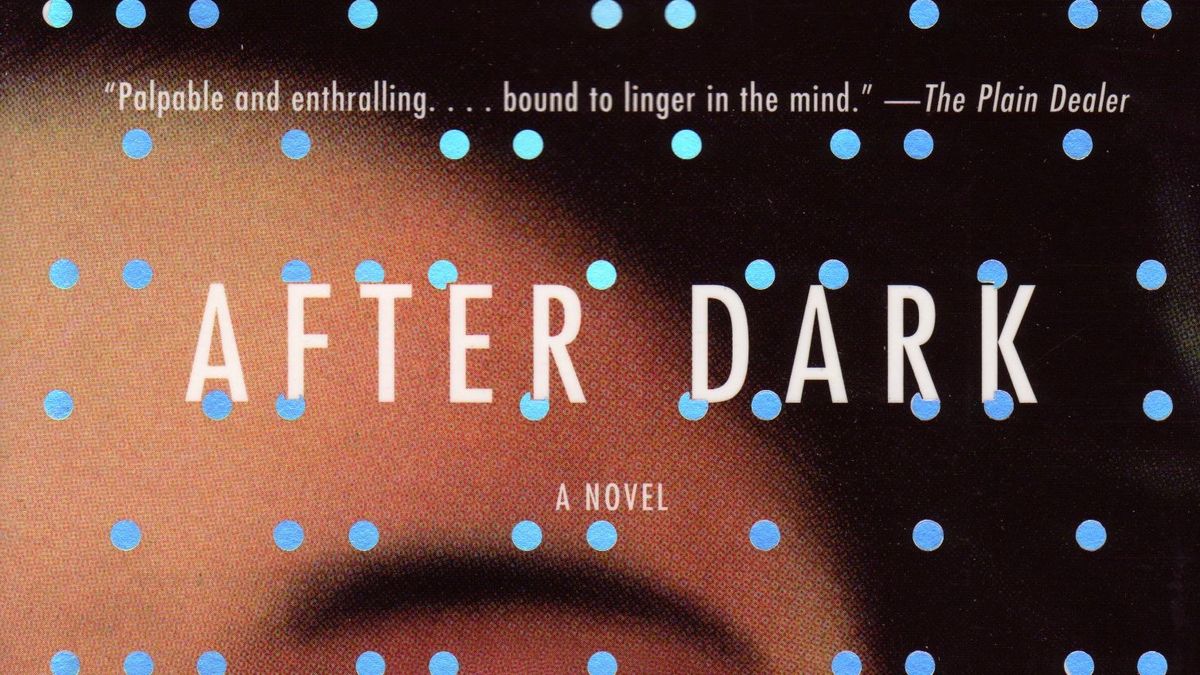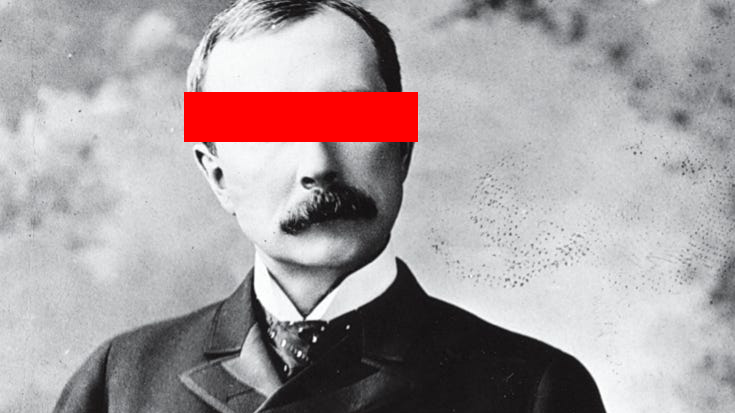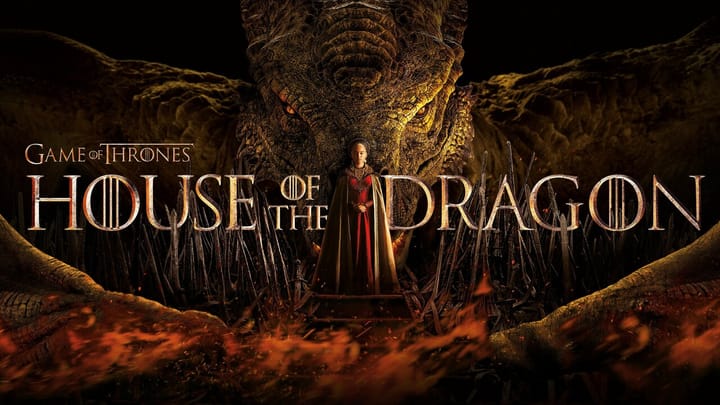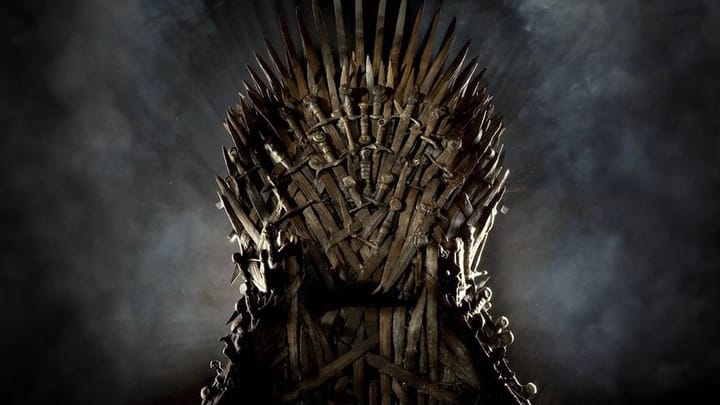After Dark by Haruki Murakami Summary
It's not as if our lives are divided simply into light and dark. There's a shadowy middle ground. Recognizing and understanding the shadows is what a healthy intelligence does. And to acquire a healthy intelligence takes a certain amount of time and effort.

Selected Quotes
“I wonder how it turns out that we all lead such different lives. Take you and your sister, for example. You're born to the same parents, you grow up in the same household, you're both girls. How do you end up with such wildly different personalities? At what point do you, like, go your separate ways? One puts on a bikini like little semaphore flags and lies by the pool looking sexy, and the other puts on her school bathing suit and swims her heart out like a dolphin.”
“Two, probably. The first one," he says, holding up a finger, "is that people are all different. Even siblings. And the other one," he says, holding up another finger, "is that if you really want to know something, you have to be willing to pay the price.”
“I'm not much of a talker. Never have been." "I'd say you've been talking a lot to me." "With you, I can talk, somehow.”
“Her ability to concentrate seems to be one of her most important personal assets.”
“A Chinese gang," Kaoru says. "They run prostitution around here. They sneak women in by boat from the mainland and make them pay for it with their bodies. They take phone orders and deliver the women to hotels on motorcycles--hot 'n' fresh, like pizza. They're one of our best clients.”
“From the time I was little, though, my parents always told me I'd better study hard, because I'm too ugly for anything else.”
“Maybe so, but if he loses an ear, he's got nothing to hang his glasses on." "Most inconvenient.”
“I mean, the ones on trial are not like me in any way: they're a different kind of human being. They live in a different world, they think different thoughts, and their actions are nothing like mine. Between the world they live in and the world I live in there's this thick, high wall. At least, that's how I saw it at first. I mean, there's no way I'm gonna commit those vicious crimes. I'm a pacifist, a good-natured guy, I've never laid a hand on anybody since I was a kid. Which is why I was able to view a trial from on high as a total spectator.”
“As I sat in court, though, and listened to the testimonies of the witnesses and the speeches of the prosecutors and the arguments of the defense attorneys and the statements of the defendants, I became a lot less sure of myself. In other words, I started seeing it like this: that there really was no such thing as a wall separating their world from mine. Or if there was such a wall, it was probably a flimsy one made of paper mache. The second I leaned on it, I'd probably fall right through and end up on the other side. Or maybe it's that the other side has already managed to sneak its way inside of us, and we just haven't noticed. That's how I started to feel. It's hard to put into words.”
“It takes on all kinds of different shapes--sometimes it's 'the nation,' and sometimes it's 'the law,' and sometimes it takes on shapes that are more difficult and dangerous than that. You can try cutting off its legs, but they just keep growing back. Nobody can kill it. It's too strong, and it lives too far down in the ocean. Nobody knows where its heart is. What I felt then was a deep terror. And a kind of hopelessness, a feeling that I could never run away from this thing, no matter how far I went. And this creature, this thing doesn't give a damn that I'm me or you're you. In its presence, all human beings lose their names and their faces. We all turn into signs, into numbers.”
“Everything got one step darker, one step colder. Little tremors started going through my body, and I couldn't stop shivering.”
“any single human being, no matter what kind of a person he or she may be, is all caught up in the tentacles of this animal like a giant octopus, and is getting sucked into the darkness. You can put any kind of spin on it you like, but you end up with the same unbearable spectacle.”
“Studying the law is not as much fun as making music, but what the hell, that's life. That's what it means to grow up.”
“He was an antisocial type--a criminal.”
“We sense, however, through a certain kind of intuition, that something is there. Something alive. It lurks beneath the surface of the water, expunging any sense of its presence.”
“From the time she was a kid, she had a ton of allergies--cedar pollen, ragweed, mackerel, shrimp, fresh paint, all kinds of things.”
“Like, she'd get a rash, and she had trouble breathing. She'd get these bumps in her windpipe, and my parents would have to take her to the hospital.”
“For example, she said she wishes she could be closer to you." "Closer to me?" "She felt that you had deliberately put a kind of distance between the two of you. Ever since you reached a certain age.”
“At first I don't notice just how weird it is, but the more time that goes by, the stronger it gets, like, I'm not even here: I'm not included in what's going on here. She's sitting right there in front of me, but at the same time she's a million miles away.”
“Yeah, but if I were to say 'I can't answer that' in this context, it'd be like a de facto yes. That's wilful negligence.”
“Shirakawa inspects his face in the mirror... He holds his breath and never blinks, fully expecting that, if he were to stay like this long enough, some other thing might emerge.”
“Walk slowly; drink lots of water." "What's that supposed to mean?" "It's my motto for life. 'Walk slowly; drink lots of water." ' Mari looks at him. Weird motto.”
“Anyhow, he became a respectable businessman--though it's true he operated in a kind of grey zone. He had some extreme ups and downs--filthy rich sometimes, barely scraping by at other times.”
“Well, finally, once you become an orphan, you're an orphan till the day you die. I keep having the same dream. I'm seven years old and an orphan again. All alone, with no adults around to take care of me. It's evening, and the light is fading, and night is pressing in. It's always the same. In the dream I always go back to being seven years old.”
“I try not to think about this stuff most of the time," Takahashi says. "It doesn't do any good to dwell on it. You just have to live one day at a time.”
“The ground we stand on looks solid enough, but if something happens it can drop right out from under you. And once that happens, you've had it: things'll never be the same. All you can do is go on living alone down there in the darkness.”
“Of course, it could be just my own weakness as a human being--that events dragged me along because I was too weak to stop them. I should have realized what was going on at some point and woken up and put my foot down, but I couldn't.”
“When I finish work and get into bed, I always think: let me not wake up. Let me just go on sleeping. 'Cause then I wouldn't have to think about anything. I do have dreams, though. It's always the same dream. Somebody's chasing me. I keep running and running until they finally catch me and take me away. Then they stuff me inside a refrigerator kind of thing and close the lid. That's when I wake up, and everything I've got on is soaked with sweat.”
“I know this sounds cold, but even though we were living in the same house, she was busy with her stuff and I was busy with my stuff, and the two of us never really talked heart-to-heart.”
[On the nothingness of death:] “I get so scared when I start thinking about this stuff," Korogi says. "I can hardly breathe, and my whole body wants to shrink into a corner.”
“Try to remember a moment when you felt totally in touch with her, without any gaps between you. You probably can't think of anything right this second, but if you try hard it'll come.”
“if I didn't have these memory drawers inside me, I would've snapped a long time ago. I would've curled up in a ditch somewhere and died. It's because I can pull the memories out of the drawers when I have to--the important ones and the useless ones--that I can go on living this nightmare of a life.”
“You'll never get away. You might forget what you did, but we will never forget.”
“It's not as if our lives are divided simply into light and dark. There's a shadowy middle ground. Recognizing and understanding the shadows is what a healthy intelligence does. And to acquire a healthy intelligence takes a certain amount of time and effort. I don't think you have a particularly dark character.”
“Eri was holding me. And it wasn't just some ordinary hug. She squeezed me so hard our two bodies felt as if they were melting into one. She never loosened her grip for a second. It felt as though if we separated the slightest bit, we would never see each other in this world again.”
“She made up her mind that she would have to be the strong big sister for my sake. And the whole time she kept whispering in my ear stuff like, 'We're gonna be okay. There's nothing to be afraid of. I'm here with you, and somebody's gonna come and help soon.' She sounded totally calm. Like a grown-up. She even sang me songs, though I don't remember what they were.”
“I don't really want to go," Mari says. "To China?" "Uh-huh." "Why not?" " 'Cause I'm scared." "That's only natural," he says. "You're going to a strange, far-off place all by yourself." "I know." "You'll be fine, though," he says.”



Comments ()